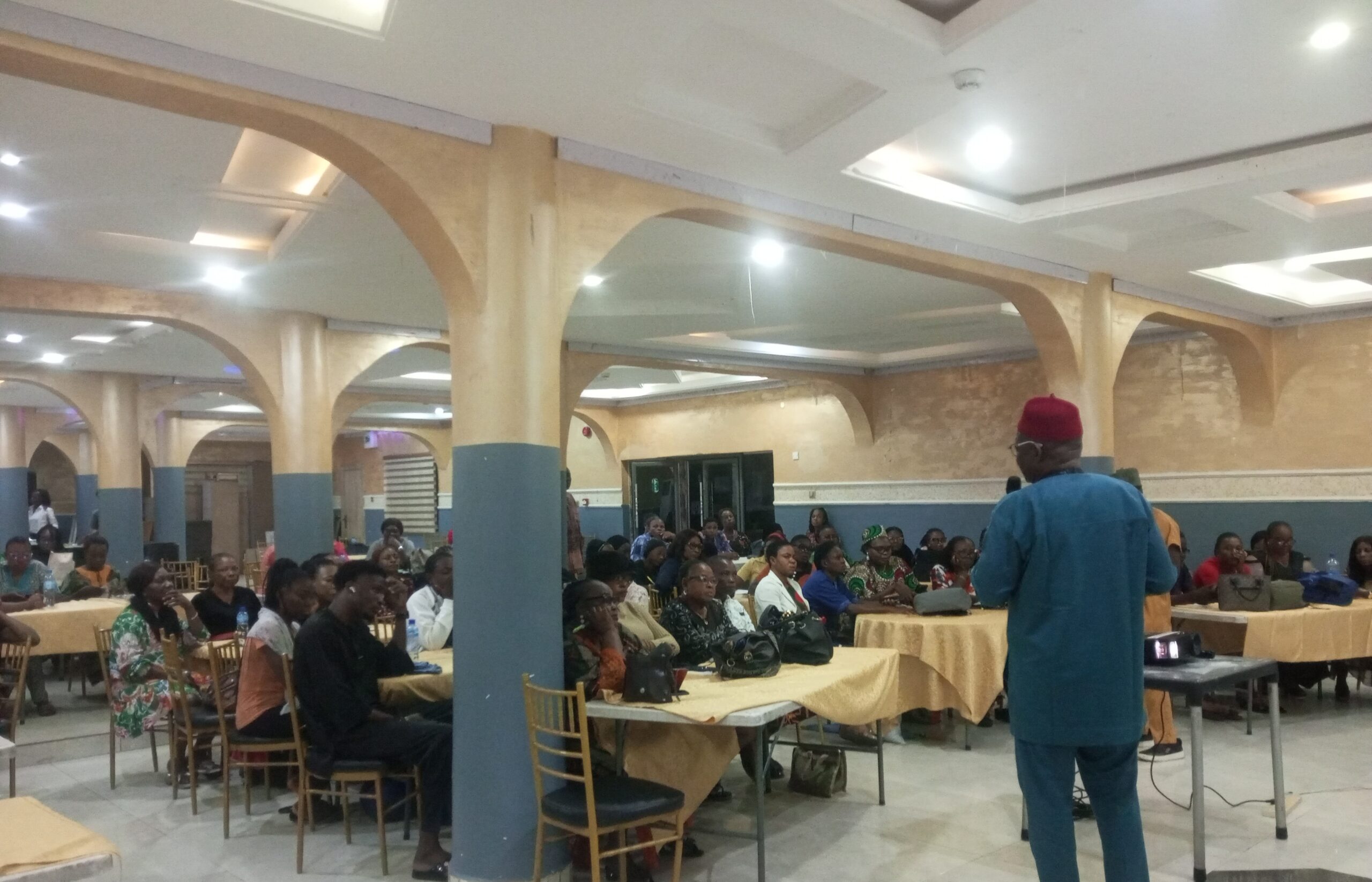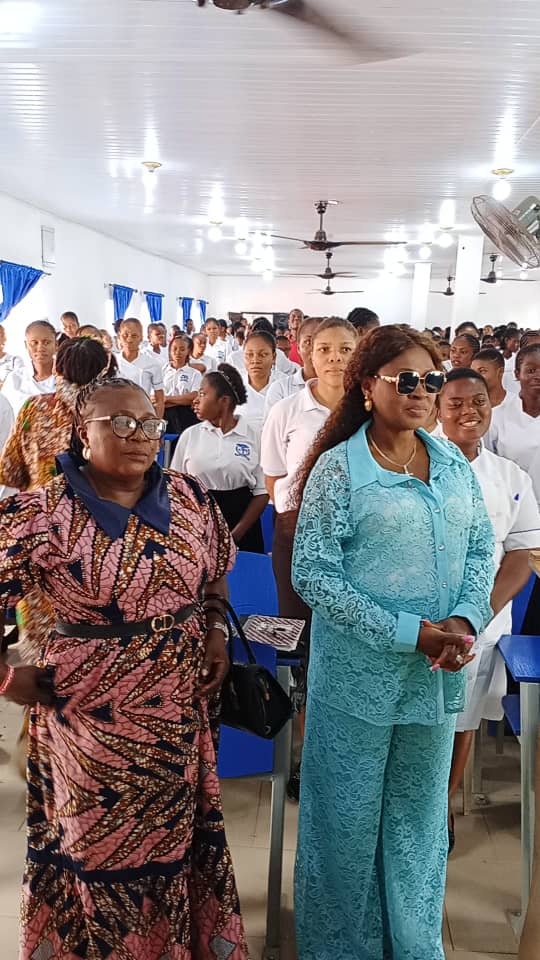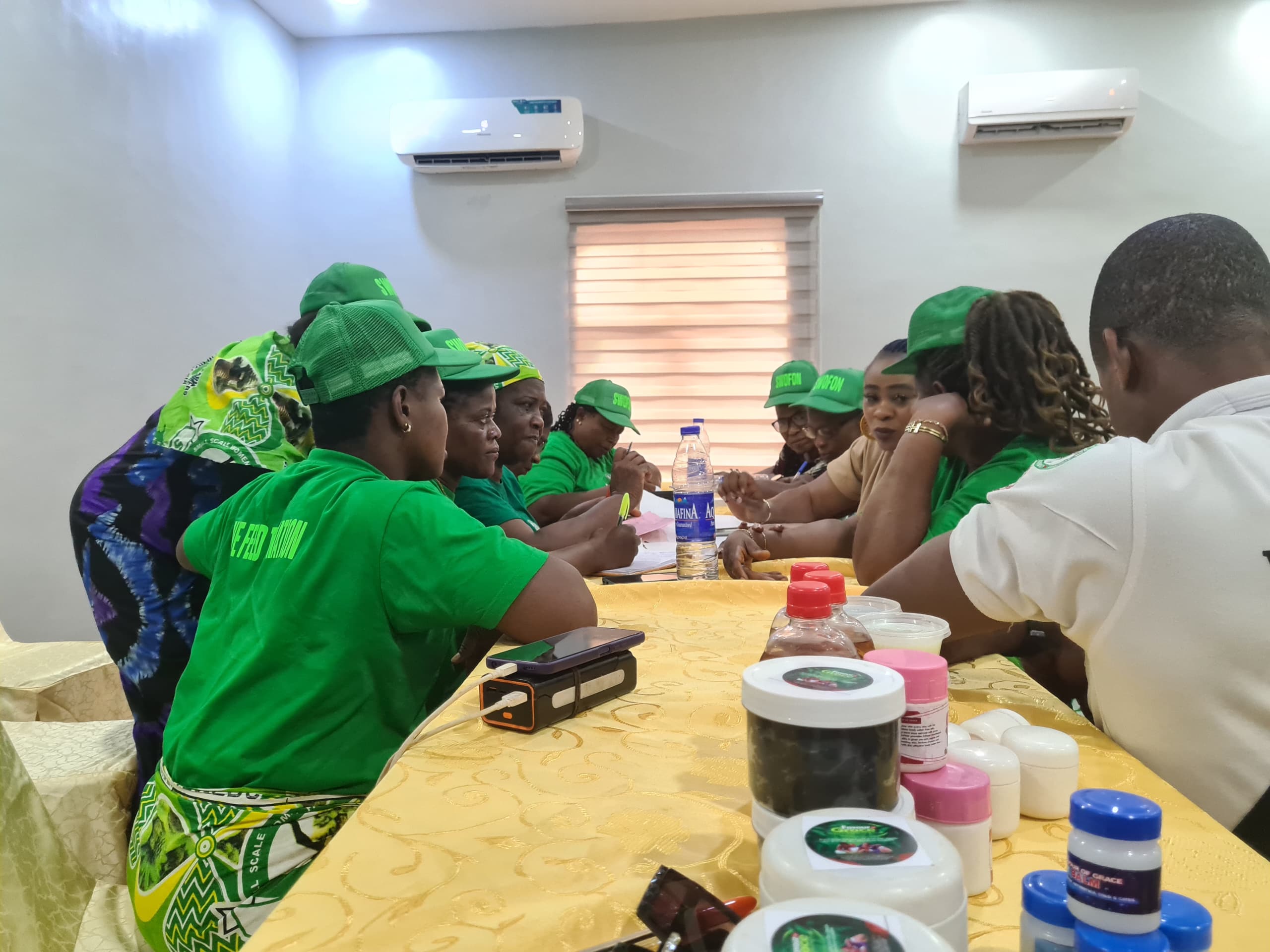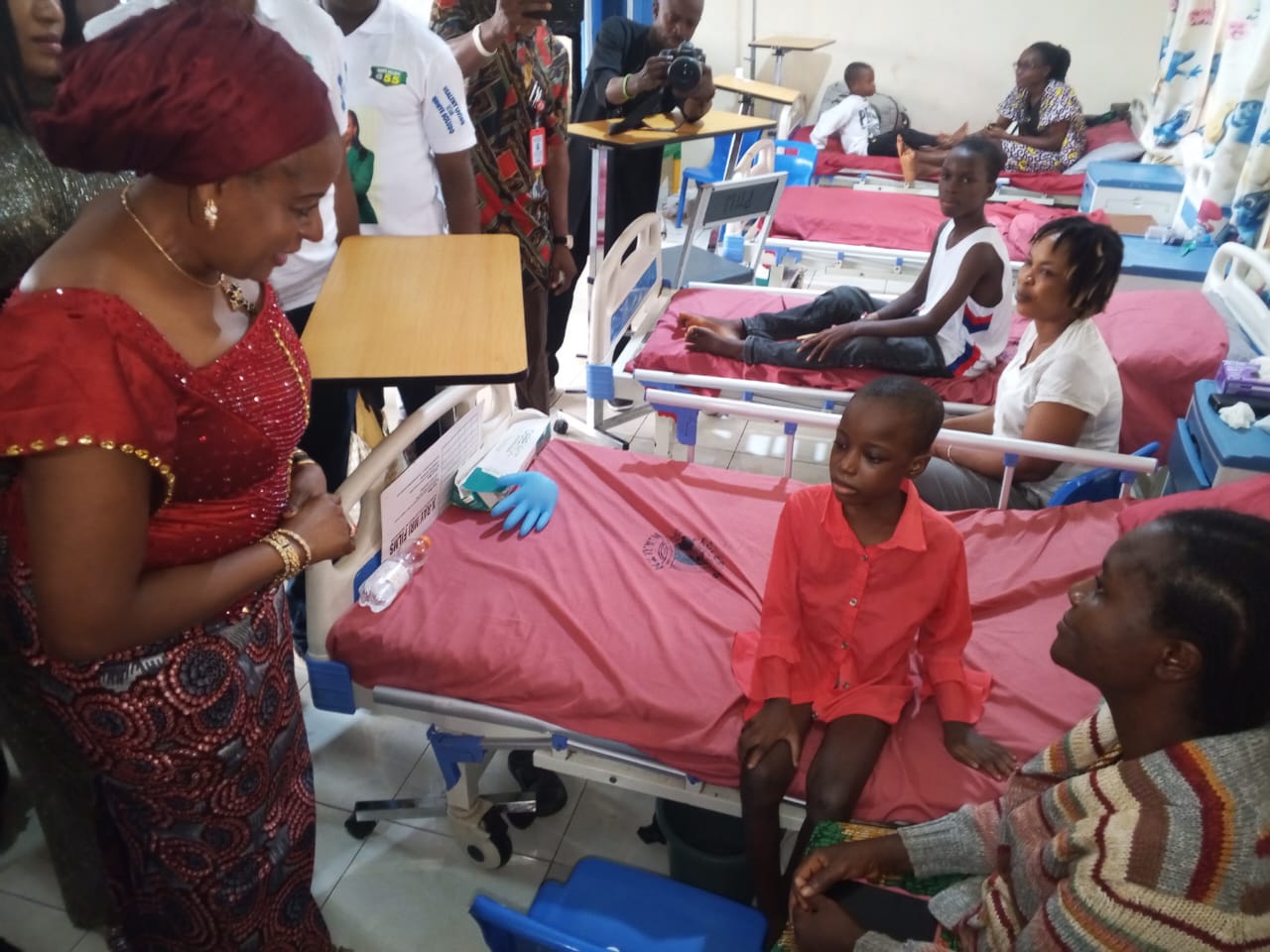The Anambra State Government has lauded the impact of the Saving Lives and Livelihoods (SLL) Project being implemented by the SYDANI Initiative for International Development in Nigeria.
The SLL project, funded by the Africa Centres for Disease Control and Prevention (Africa CDC) in partnership with the Mastercard Foundation, is implemented in Anambra through a sub-contract from AMREF.
Through the SLL Project, SYDANI is strengthening the skills of healthcare workers, improving access to immunization in underserved communities, and laying a stronger foundation for the state’s preparedness against future health emergencies.
Speaking during a capacity-building session for healthcare workers on life-course vaccination, Mrs. Chisom Uchem, Executive Secretary of the Anambra State Primary Health Care Development Agency, described the intervention as timely and transformative.
Represented by Dr. Placid Uliagbafusi, Director of Disease Control and Immunization, Uchem commended SYDANI’s work in Anambra West, Ogbaru, and Nnewi North LGAs, areas noted for immunization gaps.
“We are building capacity to save lives. This is a continuation of what SYDANI has been doing for the past two to three months in our state,” she said.
“It is helping us improve our immunization capacity and coverage. After this training, we expect healthcare workers to become more competent and efficient.”
She urged facility health workers not to relent until the project’s goals are fully achieved.
Uchem stressed the importance of accurate data collection and continuous learning in delivering quality healthcare services.
COVID-19 Lessons and Life-Course Immunization
State Immunization Officer, Edith Onwuka, explained that the life-course immunization approach is one of the lessons from the COVID-19 pandemic.
“The pandemic caught many countries unawares. Life-course immunization helps build immunity against specific diseases and future outbreaks,” she noted.
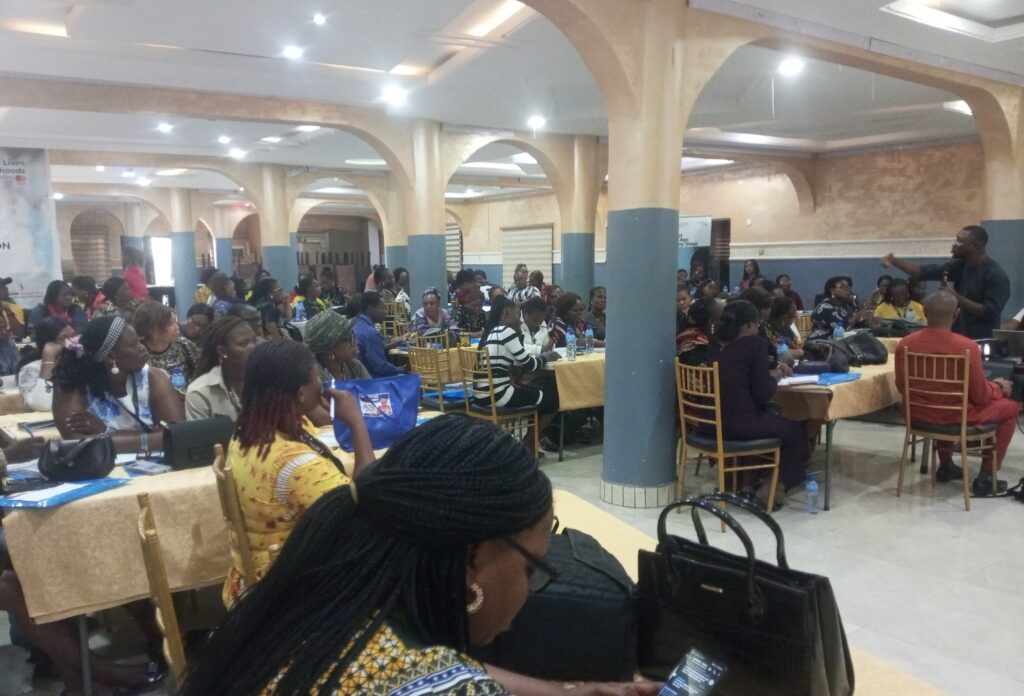
Onwuka highlighted challenges in the three focus LGAs.
“Anambra West and Ogbaru have many riverine settlements that are hard to access, with Ogbaru further affected by insecurity.
In Nnewi North, due to growing population, we have cases of missed children.”
The SIO emphasized the role of SYDANI and state monitors in tracking outreach performance.
She recalled that her recent visit to Ogbaru where community members eagerly received vaccination services.
Olufumilayo Dehinbo, a project officer for SYDANI on the SLL 2, explained that COVID-19 outbreak exposed weaknesses in health systems.
“The SLL aims to strengthen healthcare workers’ capacity, integrate life-course vaccines into routine immunization, and prepare for future pandemics.
“We choose those three LGAs because they are not benefitting from Federal Government’s programmes for zero dose LGAs to boost up their immunization coverage.
“Yet, the three LGAs have a high number of zero dose children. All the 37 LGAs across the country fall under that category.
“The project also extends vaccination to adults, particularly tetanus-diphtheria (TD) vaccines for women of childbearing age and pregnant women.
Anambra doing well comparatively
Dehinbo revealed that Anambra is among the top five performing states out of the 10 supported by SYDANI under the SLL, based on data from a national dashboard that tracks weekly and monthly targets.
“However, there is room for improvement. That is why we are supporting them with capacity building – from service delivery to logistics, community engagement, and advocacy – beyond the SLL project cycle,” she said.
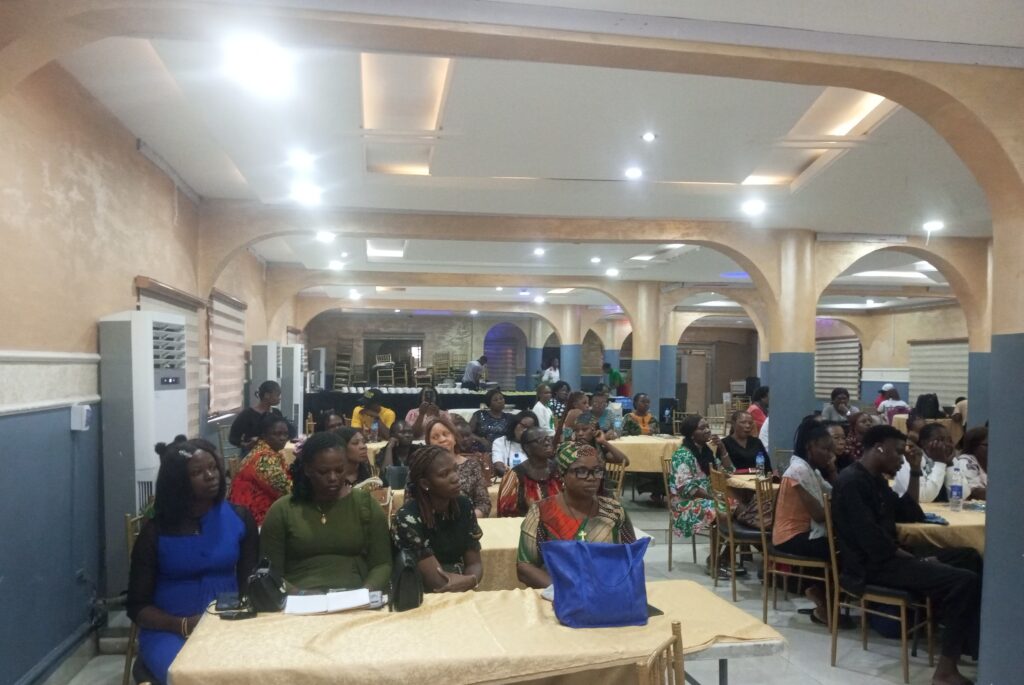
SYDANI’s State Lead on the SLL Project, Shadrach Nwekeagu, expressed satisfaction with participants’ engagement and enthusiasm during the training.
He said the sessions covered topics such as data management, disease surveillance, financial management, budgeting, and micro-planning, as well as strategies for addressing performance gaps in the field.
“Participants were particularly impressed with the training manual—developed by SYDANI in collaboration with the National Primary Health Care Development Agency, AMREF, Africa CDC, and other stakeholders.
“They said they have not seen a manual as rich as that before.
“We’re updating their knowledge and bringing in innovations where applicable. If they put these into practice, their performance when they return to their facilities will greatly improve,” Nwekeagu added.
Some of the health workers lauded the capacity building session and the entire intervention by SYDANI in the state.
Ijeoma Okoye is the Officer in charge of Mputu PHC. “The training is very relevant. SYDANI intervention has been helping us to reach more people in the community. The funds they have been giving to us has helped greatly in reaching out to those in hard-to-reach areas.
Juliet Nsofor from Umunankwo PHC, spoke in the same vein. “It is a very impactful training. I have updated my knowledge about modifications and changes that have happened.
“Some of the things that we don’t do before, when we return to our facilities, we put them into practice,” Nsofor pledged.


